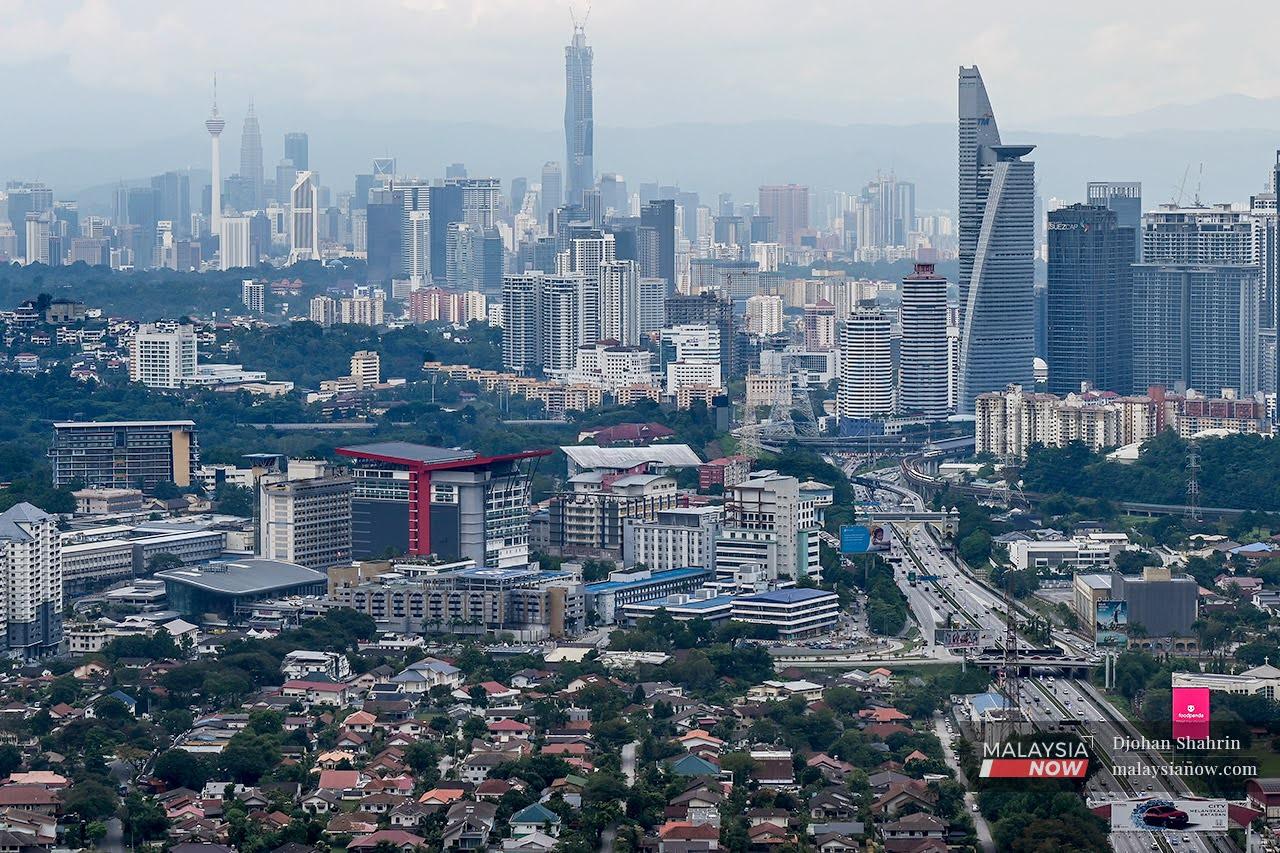Putrajaya spills FDI data as it negotiates 240 high-profile foreign investments
Mida says a steady stream of new investments and major expansions await this year despite claims that Malaysia is losing out.
Just In
Malaysia recorded RM109.8 billion worth of investments throughout the first nine months of last year despite the impact of the Covid-19 pandemic which has sharply decreased foreign investments in the Asean region, and is currently in discussions to approve 240 high-profile foreign investment projects, the Malaysian Investment Development Authority (Mida) said.
The agency said the investments created some 65,000 jobs in about 3,000 projects, 40% of which were foreign direct investments (FDI).
The manufacturing sector made up the largest in investments with 59.5% or RM65.3 billion, followed by the services sector (RM42.8 billion) and the primary sector (RM1.7 billion).
This was an increase of 16.6% compared to the same period in 2019, said Mida.
The statistics were released following claims that Malaysia was losing out on investments compared to its regional neighbours.
Mida acknowledged that the FDI landscape would remain challenging and highly competitive, as shown by figures released by the United Nations Commission on Trade and Development (UNCTAD).
The report said FDI flow fell by 42% globally from US$1.5 trillion in 2019 to US$859 billion last year.
FDI into Southeast Asia meanwhile dropped by 31%, mainly due to declines suffered by the largest recipients of investments such as Singapore (37%), Indonesia (24%), Vietnam (10%), Thailand (50%) and Malaysia (68%).
Mida said urgent measures are being taken to secure investments through the establishment of the Project Acceleration and Coordination Unit and i-Incentive, with the goal of attracting high-quality investments to create high-skilled jobs and promote technology transfer.
“These efforts will further augment Malaysia’s attractiveness as an investment destination,” Mida said.
It said Malaysia remains a top global attraction for investments, ranking fourth ahead of China, Japan, Vietnam and India according to a KPMG study in the US.
As such, it expressed confidence that foreign investment could be expected to return to pre-pandemic levels.
Mida said 240 high-profile foreign investment projects worth RM81.9 billion are being negotiated this year.
“These projects, once approved, are expected to be implemented within the years 2021 to 2022,” it added.
High-end investments
It listed several high-end and high-technology industries which have invested in the country despite the slowing down effect of Covid-19 on economies worldwide.
They include British medical equipment firm Schmidt and Nephew, US-based technology-oriented firm Dexcom, and LAM Research, a US global supplier of wafer fabrication equipment to the lucractive semiconductor industry.
Meanwhile, Swiss-based electrical company LEM will set up its new production plant in Malaysia to meet growing demand from the industrial and automotive sectors.
Others include audio products leader MusicTribe, which is setting up a fully robotised facility, and SK Nexilis, the South Korean copper foil manufacturer which recently announced it would build its first overseas plant in Sabah.
“The availability of excellent infrastructure, telecommunication services, financial and banking services, supporting industries as well as a diverse pool of talents with skills and trainable workforce has been pull factors for investors to consider,” said Mida.
Meanwhile, several giant multinational companies have also announced expansion, such as German life science firm Eppendorf, which has established a hub for its IT, HR and financial divisions in the Asia Pacific, Middle East and Africa regions.
Others include German-based Bosch and B.Braun, and Taiwan-based Wistron, a research and development leader for electrical products.
US computer hardware giant Western Digital has announced additional investments for design and manufacturing, and Japan’s Nippon Electric Glass is expanding its production capacity of glass tubing for medical use to cope with demand for the vaccine rollout.
Subscribe to our newsletter
To be updated with all the latest news and analyses daily.
